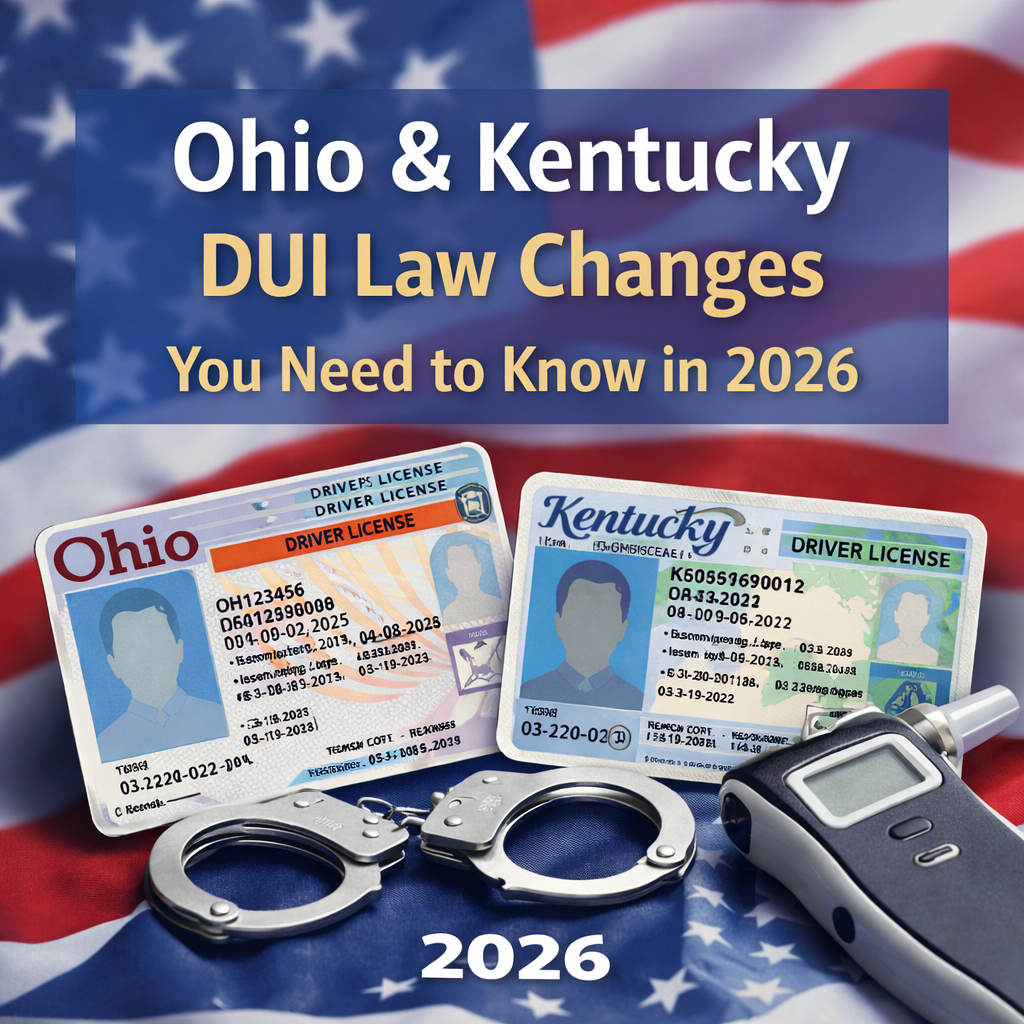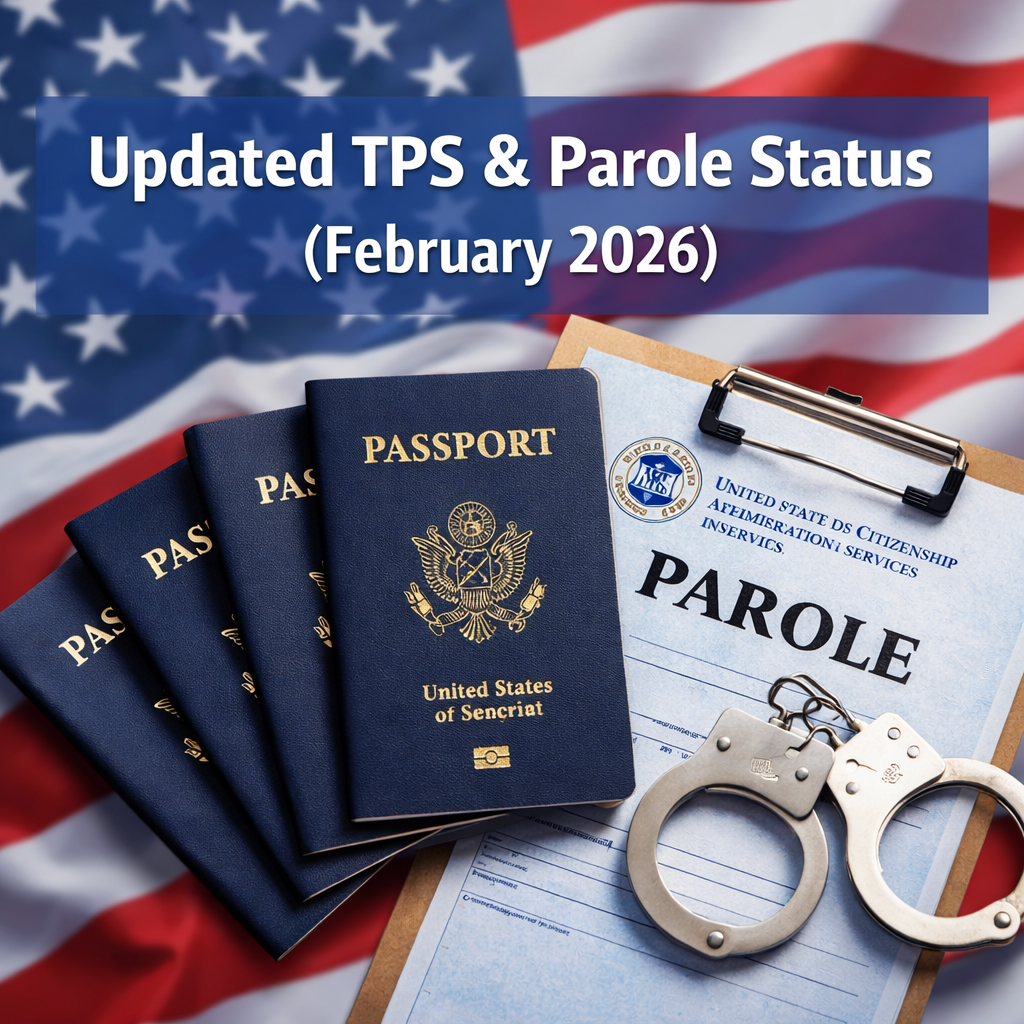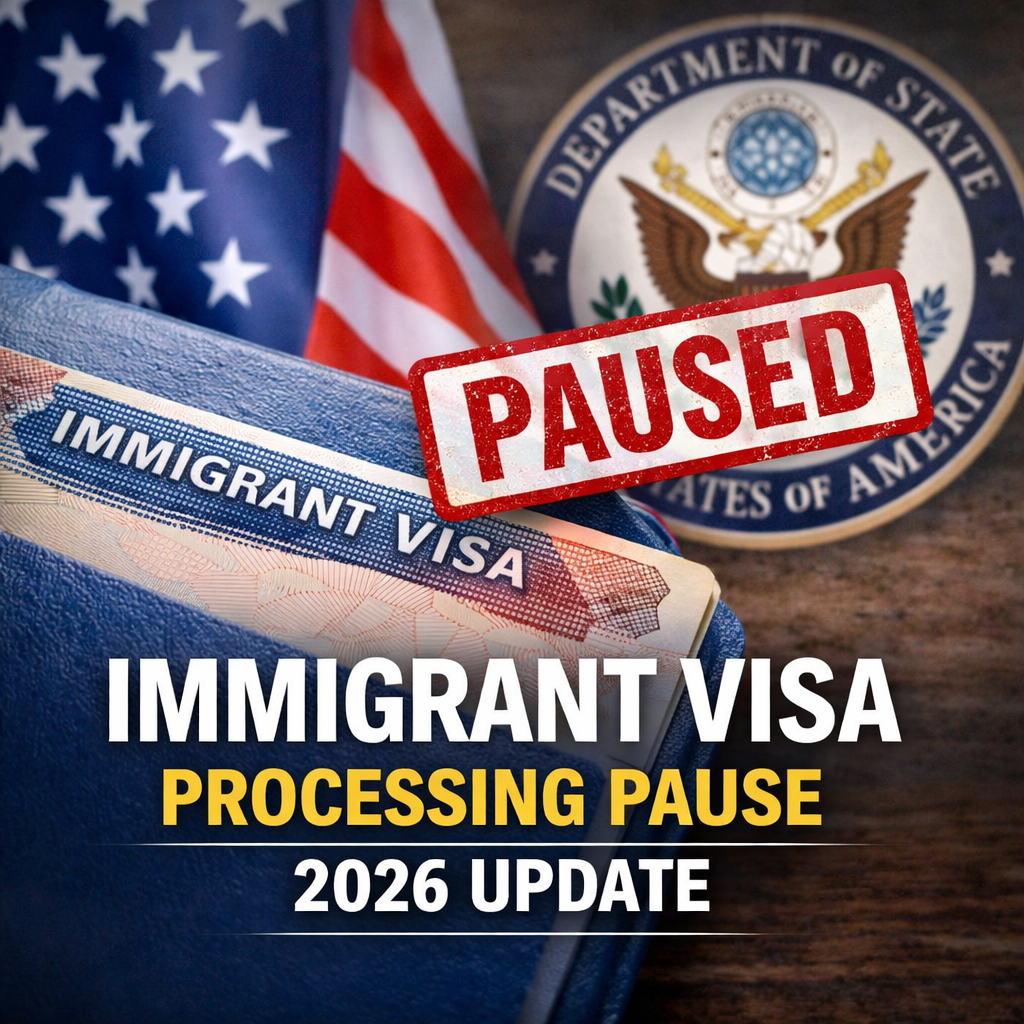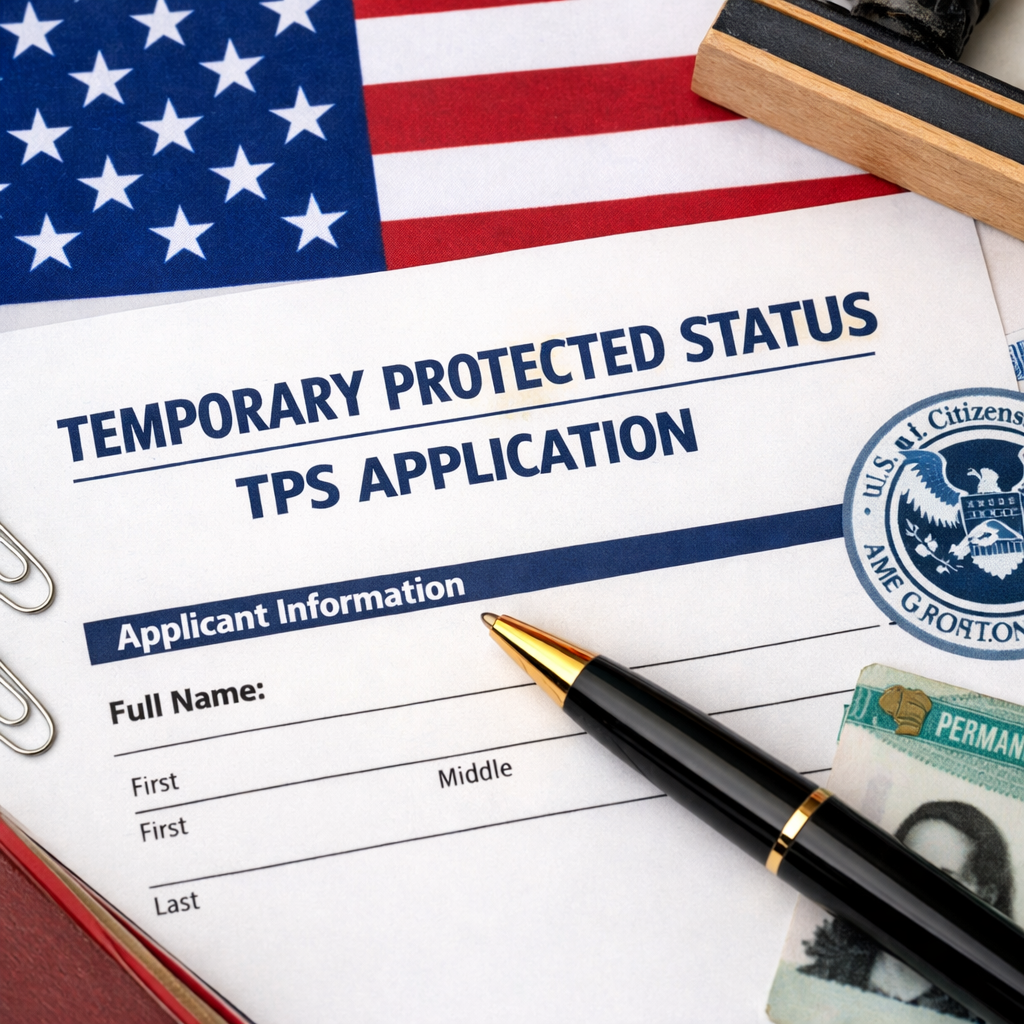What is Parole?
In immigration terms, parole refers to the discretionary authority granted by the Department of Homeland Security (DHS) to allow an individual to enter or remain in the United States temporarily, even if they do not meet the usual immigration requirements.
Who Grants Parole?
Within DHS, the authority to grant parole is delegated to the three immigration agencies –USCIS, CBP, and ICE – each with distinct roles: USCIS primarily handles humanitarian requests; ICE manages parole related to court hearings and detention; and CBP makes decisions at ports of entry, including for asylum seekers and deferred inspection cases.
What Types of Parole Are Available?
Noncitizens can apply for several different types of parole depending on their individual circumstances. These include:
- Humanitarian Parole
- Significant Public Benefit Parole
- Advance Parole
- Parole from Immigration Detention
- Parole-in-Place
- Other Special Parole Programs
Humanitarian Parole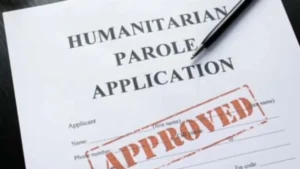
Humanitarian parole is granted for “urgent humanitarian reasons”, although the law does not specifically define what that term includes. USCIS evaluates factors such as the urgency of the situation and the severity of potential harm if parole is not granted. Examples of “urgent humanitarian reasons” include:
- Receiving urgent medical care in the US
- Donating an organ to a US resident
- Visiting or caring for a sick family member in the US
- Attending a funeral or handling the estate of a deceased relative in the US
- Seeking protection from targeted harm in the US
Significant Public Benefit Parole
Parole may be granted based on “significant public benefit,” which also lacks a specific legal definition. This type of parole is often granted to facilitate noncitizens’ participation in US legal proceedings, such as allowing key witnesses without other entry options to testify in criminal cases.
Advance Parole
Advance parole is granted by DHS as a way of giving certain noncitizens permission to travel abroad and reenter the US upon their return. However, having an advance parole document does not necessarily guarantee re-entry; individuals must still undergo inspection at a US port of entry. Common situations where advance parole is utilized include when a noncitizen:
- filed an application for adjustment of status pending USCIS decision
- has a pending asylum or withholding of removal application and intends to leave the US to apply for a US immigrant visa in Canada
- has an urgent personal reason to travel abroad, such as caring for a sick family member
- is a Temporary Protected Status (TPS) recipient seeking permission to travel abroad (Note: As of July 2022, TPS recipients use a separate travel document for this purpose)
Parole from Immigration Detention
Parole can also be used to release individuals from immigration detention, with ICE making decisions based on the same factors as those used by USCIS – humanitarian reasons or significant public benefit.
Parole-in-Place
Parole in Place (PIP) programs allow eligible noncitizens who are seeking to adjust their status and would traditionally have to leave the country for consular processing to remain in the US while their applications are pending. PIP is available for certain undocumented family members of US military personnel, and now, under President Biden’s new policy announced on June 18, 2024, also extended to certain undocumented spouses of US citizens meeting certain eligibility criteria. For more information, check out our blog post, as well as the DHS Fact Sheet.
Other Special Parole Programs:
Beyond the general parole processes, DHS has created special parole programs to address specific situations faced by certain populations. As of June 2024, the following special parole programs are available:
- Uniting for Ukraine
- Afghan Nationals
- Central American Minors (CAM) Refugee and Parole Program
- Family Reunification Parole (FRP) Programs (including the Cuban Family Reunification Parole Program (CFRP) and the Haitian Family Reunification Parole Program (HFRP))
- Filipino World War II Veterans Parole Program
- International Entrepreneur Parole
- Processes for Cubans, Haitians, Nicaraguans, and Venezuelans (CHNV)
Frequently Asked Questions About Parole:
Can Noncitizens Granted Parole Get a Work Permit?
Noncitizens granted parole are able to apply for and receive a work permit. This authorizes them to work in the US and remains valid as long as they remain on parole.
What Factors Are Considered in Making a Parole Decision?
While factors vary depending on the type of parole requested, decisions across the three DHS agencies are made on a case-by-case basis, with factors like the purpose of the request, potential benefits, past immigration or criminal history, character of the noncitizen, and other means of entry available to the noncitizen influencing the decision-making process.
Does a Noncitizen Applying for Parole Need a Sponsor?
To be granted parole, USCIS typically requires evidence of financial support during the parole period, often through a sponsor who commits to providing financial assistance. While a sponsor’s immigration status isn’t officially required, DHS may view sponsors with more permanent status in the US as more reliable for providing sustained financial support.
How Can the Law Firm of Anna Korneeva Help?
At the Law Firm of Anna Korneeva, our immigration attorneys are dedicated to guiding noncitizens through the parole application process with expertise and care. Whether preparing the case, navigating interviews, or addressing concerns, we are committed to providing comprehensive legal support every step of the way.
If you or a loved one are interested in applying for parole, contact our experienced attorneys today at (513) 334-3008.

